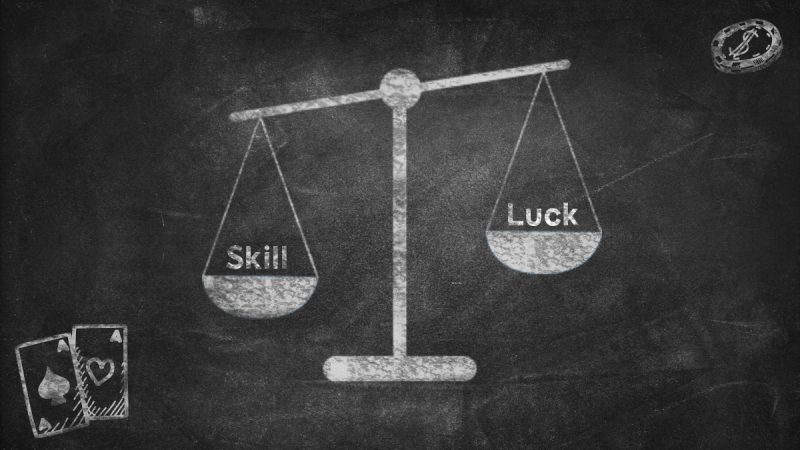Poker Dynamics: A Game of Luck, Skill, or Both?

For centuries, the game of poker has fascinated and challenged enthusiasts around the globe. As cards are dealt and bets are placed, a burning question remains: Is poker a game of pure luck, a test of skill, or a blend of both?
This inquiry has stirred debates in casinos, during friendly gatherings, and even in courtrooms. Today, we dive deep into this discussion, analyzing various aspects and perspectives surrounding poker’s true nature.
The Luck Factor in Poker
Undeniably, luck plays a role in poker. Drawing the right card at the crucial moment can turn the tables in one’s favor. It’s this unpredictability and the thrill of the unknown that makes poker such an exhilarating game.
However, attributing poker’s outcome solely to luck would be an oversimplification. Over a single game, luck might dominate, but over a series of games, patterns emerge, and skill becomes a defining factor.
The Skill Aspect: Not Just Any Card Game
Strategic Play
Seasoned poker players employ strategies that go beyond the cards they’re dealt. They read the table, make educated guesses about opponents’ cards, and strategically bet to manipulate the game’s flow.
Psychological Mastery
Being adept at reading opponents, catching bluffs, and maintaining a poker face are essential skills that separate novices from professionals. It’s a psychological battle as much as it is a card game.
Experience Matters
The more one plays poker, the better they become at identifying patterns, predicting plays, and making calculated risks. This learning curve is indicative of a skill-based endeavor.
Bankroll Management
Knowing when to play and when to fold, especially in tournaments, is crucial. Efficient bankroll management ensures longevity in the game and is a skill acquired over time.
Continuous Learning
Poker is an evolving game. Players constantly update their strategies, learn new tricks, and adapt. This continuous learning process underscores the game’s skill-based nature.

Luck vs. Skill: What Do Studies Say?
Several studies have tried to quantify the balance between luck and skill in poker. Many of them conclude that while luck can influence individual games, skill predominates in the long run. Over extended periods and numerous games, skillful players consistently outperform less skilled opponents.
Legal courts in various jurisdictions have even weighed in on the debate, with many ruling poker as a game of skill, thus influencing its legal status and regulation.
Striking the Balance
Ultimately, poker beautifully blends elements of luck and skill. It’s the unpredictability of a shuffled deck combined with the prowess of strategic play. While a beginner might win a game or two with sheer luck, consistent wins over time attest to a player’s skill and expertise.
For those looking to master poker, recognizing and respecting both elements — the thrill of chance and the art of strategy — will lead to a richer, more nuanced appreciation of the game.



